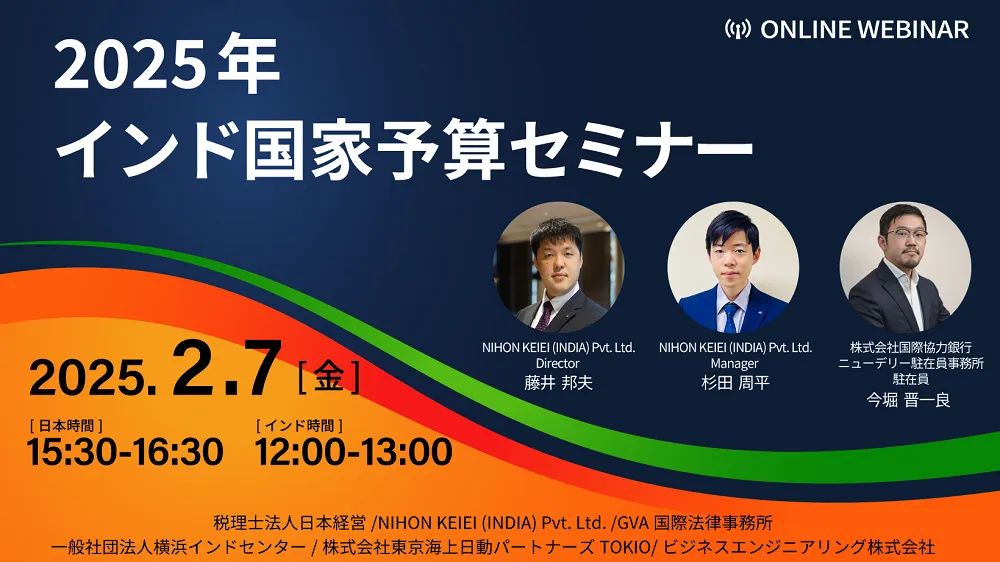
Global・Venture・Achievement
GVA GLOBAL LPC
Fostering positive societal impact by empowering
clients to succeed in their goals and endeavors
through effective legal solutions.
Support
We provide our services that are tailored to various phases of a company’s business
News
About Us
Overview
Offices
Contact

Members

Legal blog
-
 Overview of Japan’s Personal Information Protection Law
Overview of Japan’s Personal Information Protection Lawby:Kensho Onoda、Poom Kerdsang Summary Introduction Japan’s Act on the Protection of Personal Information (“APPI”) is a comprehensive data protection framework designed to balance the protection of individual (data subject) rights while promoting the effective use of data. APPI imposes obligations such as specifying and notifying the purpose of use, prohibiting use beyond the specified purposes, implementing security safeguards, restricting the provision of personal information to third parties, and responding to requests from individuals. While APPI shares similarities with other major data protection regimes, including the GDPR, it also incorporates several unique concepts, such as “Personal Related Information”, that require…
-
 JAPAN Corporate Governance Structure
JAPAN Corporate Governance Structureby:Kensho Onoda、Poom Kerdsang Introduction One of the most important initial decisions when establishing a corporation in Japan is to decide on an appropriate corporate governance structure. The corporate governance structure determines how decision-making, business execution, and oversight are structured within the company. Under Japan’s Companies Act, companies have a certain level of flexibility in selecting and combining governance bodies, provided that the statutory requirements are met. An effective governance structure should reflect the company’s size, capital composition, and shareholder relationships. This article provides a detailed explanation of the fundamental concepts of corporate governance structure, available legal framework, and practical…
-
 Marketing Regulations Part 1: Navigating Japan’s Advertising Regulations: Restrictions on Advertising Claims
Marketing Regulations Part 1: Navigating Japan’s Advertising Regulations: Restrictions on Advertising Claimsby:Kensho Onoda、Poom Kerdsang 0. Introduction Advertising and marketing activities in the Japan are subject to strict consumer protection rules. At the center of these rules is the Act against Unjustifiable Premiums and Misleading Representations (the “Premiums and Representations Act”). This article focuses particularly on the Act’s regulation of representations (“advertising claim”), outlining the its objectives, regulatory requirements, violation consequences and risks, as well as key considerations for foreign companies seeking to enter the Japanese Market. 1. Overview The Premiums and Representations Act was enacted in 1962 and is administered by the Consumer Affairs Agency as part of Japan’s consumer…
-
 Choosing the Right Corporate Form in Japan: Kabushiki Kaisha (K.K.) vs. Godo Kaisha (G.K.)
Choosing the Right Corporate Form in Japan: Kabushiki Kaisha (K.K.) vs. Godo Kaisha (G.K.)by:Kensho Onoda、Poom Kerdsang Introduction Foreign companies and entrepreneurs expanding into Japan often face a unique choice between two types of limited liability companies: Kabushiki Kaisha (K.K.) and Godo Kaisha (G.K.). While both forms protects owners with limited liability, they differ significantly in key respects such as incorporation costs, operational flexibility, social credibility, and fundraising capacity. Understanding these differences is crucial for selecting the structure that best aligns with your business objectives in Japan. This article explains the features of each and offers practical guidance to help businesses make the right choice. 1. Historical Background and Basic Structure Kabushiki Kaisha…
-
 Comparison of Japan Business Entry Methods
Comparison of Japan Business Entry Methodsby:Kensho Onoda、Poom Kerdsang Introduction The Japanese market, with its scale, consumer purchasing power, and high technological capabilities, is an attractive investment destination for many companies, including overseas startups. However, Japan’s legal system and business practices can differ significantly from those abroad. Choosing the right base structure for market entry is a crucial strategic decision that can significantly impact future business development. This column explains the characteristics, advantages, and disadvantages of four main forms that foreign companies should consider when entering Japan: establishing a subsidiary, setting up a branch office, opening a representative office, and acquiring a local corporation….
-
 Legal considerations for foreigners conducting recruitment in Japan
Legal considerations for foreigners conducting recruitment in Japanby:Kensho Onoda、Poom Kerdsang 1. Methods of Recruitment When hiring personnel in Japan, foreign companies can utilize services broadly categorized into “public agency support” and “private services.” 1-1. Support from public agencies The most representative example is the Public Employment Service (called “Hello Work”), administered by the Ministry of Health, Labour and Welfare. Hello Work offices are located nationwide and provide free job matching services for all occupations. By submitting job postings, companies can reach a wide range of job seekers, and Hello Work also serves as a window for procedures related to labor insurance. At Hello Work, communication is generally…












